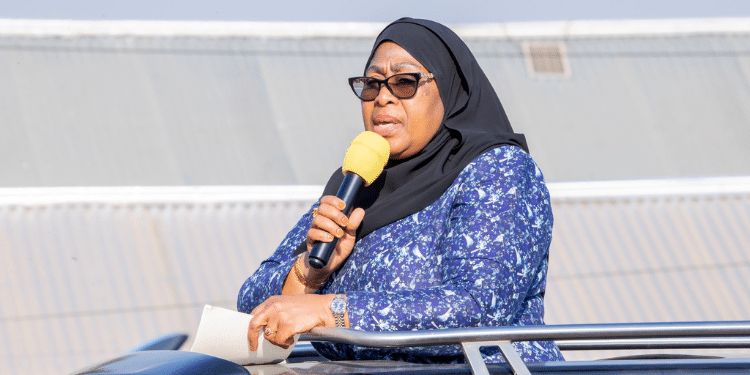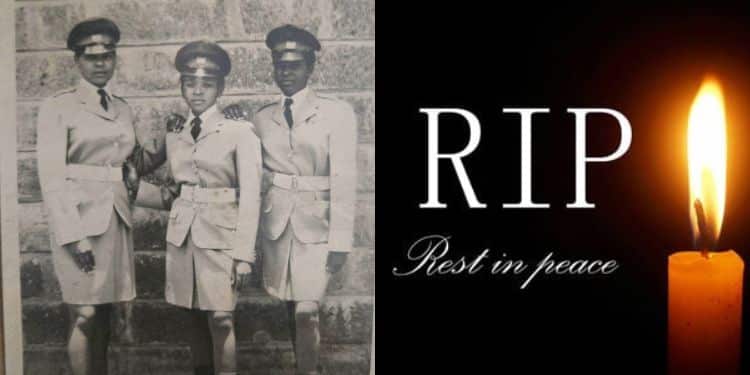Rose Mary Wanjiku, a pioneer member of the Kenya Armed Forces’ inaugural Women’s Service Corps, has passed away.
Wanjiku passed away on April 10, 2025, after a long battle with cancer for six years.
Her son, Mbugua Ng’ang’a, announced her passing on Monday, April 14, in a moving tribute shared on social media.
She was part of the first cohort of women to serve in Kenya’s military, serving in the Women’s Service Corps (WSC) between 1971 and 1972, at a time when few women wore the uniform.
Additionally, Mbugua noted that he believes that his mother’s strength, both in service and in illness, deserves recognition from the Kenya Defence Forces (KDF).
“My mum, Rose Mary Wanjiku, served in the inaugural unit of the Kenya Armed Forces’ Women Service Corps between 1971 and 1972. She battled cancer from 2018 until her demise on April 10. I believe she deserves a medal of courage,” stated Mbugua Ng’ang’a.
Wanjiku helped shape a new chapter in Kenya’s defense history, one that opened the door for women to serve their country with dignity and distinction.
Also Read: General Fatuma Ahmed; Meet Fearless First Female Kenya Airforce Commander
About Kenya’s First Female Military Women’s Service Corps
Established shortly after Kenya’s independence, the Women’s Service Corps (WSC) was an important step toward gender inclusion in national security.
Women were formally integrated into the Kenya Defence Forces in 1971 with the creation of the Women Service Corps (WSC), which succeeded the colonial-era Women’s Royal Army Corps (WRAC).
Further, the WSC was tasked with supporting fighting units in times of war and providing services such as secretarial work, clerical assistance, logistics, medical care, and communications.
However, during peacetime, they performed administrative duties.
The unit began with six officers and 150 servicewomen under the leadership of Major Ineson of the WRAC, who was later succeeded by Phyllis Ikua, a former prison officer.
The Corps was headquartered at the Kenya Air Force Eastleigh base, and the women serving in it were referred to as “Government Issues” (GIs).
Also Read: Senior Military Officer Found Dead
Strict Measures that Governed the WSC
The WSC operated under highly restrictive and discriminatory regulations that limited the personal and professional freedoms of its members.
Women were confined to stereotypical roles such as nurses, cooks, and secretaries, with little opportunity to rise through the ranks or serve in combat-related capacities.
Additionally, female personnel were not allowed to get married, and those who became pregnant were dismissed under the justification of their “services no longer required.”
Bed checks were conducted up to three times a night to ensure no servicewoman spent the night outside the barracks, with severe punishment or dismissal awaiting those who broke this rule.
However, the WSC was officially disbanded in December 1999 after 27 years of operation. Following the disbandment, female personnel were integrated into the Kenya Army, Air Force, and Navy under more progressive and equitable terms.
The move abolished the WSC’s “special terms and conditions,” which had previously enforced unwritten policies barring women from marrying, becoming pregnant, or being romantically involved, policies that were never publicly acknowledged by senior military officers at the time.
Follow our WhatsApp Channel and X Account for real-time news updates.











































































